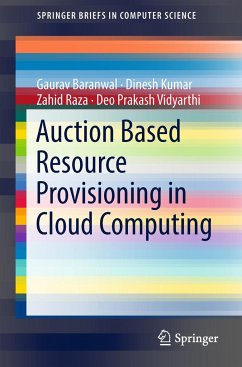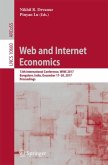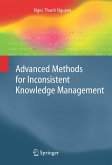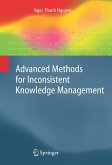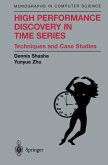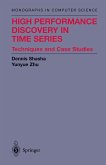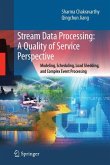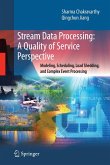The book, while introducing readers to the auction mechanism for resource provisioning in cloud computing, also endeavors to provide structured literature on the subject. Since various models have been proposed, it will help readers to formulate the cloud resource provisioning problem using the auction approach. The book also discusses challenges for resource provisioning in detail, helping to shape future research.
The target audience for this book includes computer scientists, economists, industry professionals, research scholars, and postgraduate students. Computer science readers of this book will come to see that economics-based method are quite helpful in computer science, especially for resource provisioning. Readers with a cloud computing background will come to recognize the importance of dynamic pricing, the specific benefits of auctions, and how to formulate auctions for cloud computing. Lastly, readers from the economics community will come to understand their role in cloud computing, as well as where and how they can contribute.
The target audience for this book includes computer scientists, economists, industry professionals, research scholars, and postgraduate students. Computer science readers of this book will come to see that economics-based method are quite helpful in computer science, especially for resource provisioning. Readers with a cloud computing background will come to recognize the importance of dynamic pricing, the specific benefits of auctions, and how to formulate auctions for cloud computing. Lastly, readers from the economics community will come to understand their role in cloud computing, as well as where and how they can contribute.

